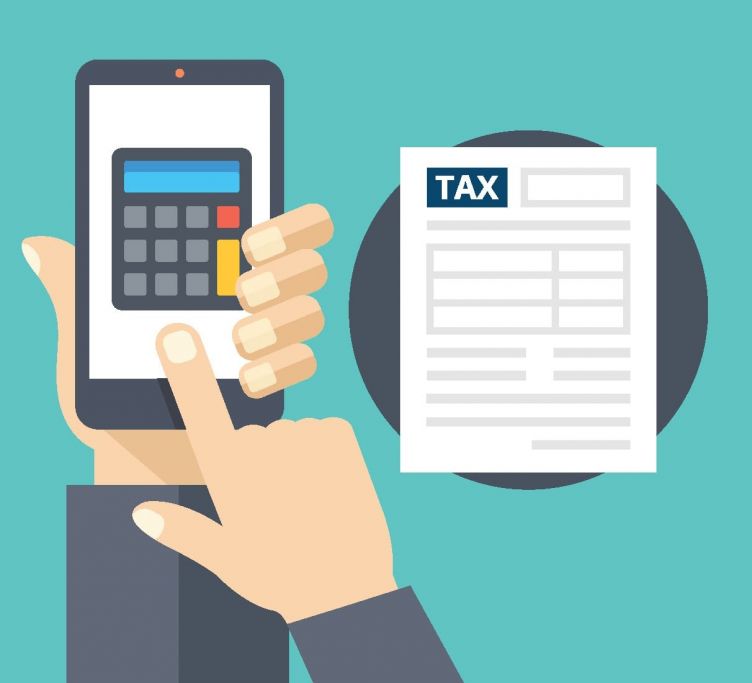Getting the bookkeeping basics right can transform the fortunes of your franchise
According to the Chinese zodiac, 2020 is the year of the rat. However, for franchisees 2020 is set to be the year of bookkeeping. With HMRC’s Making Tax Digital initiative coming into force for all businesses turning over more than £10,000 in April, the tax system is about to enter a new digital age.
If your current method of bookkeeping is the old fashioned shoebox approach, this will no longer be acceptable. All businesses will have to keep digital records and submit quarterly returns digitally to HMRC, including accounting information such as turnover; cost of goods; salaries; car, van and travel expenses; rent, rates, power and insurance costs; stationery and other office costs; advertising;
interest on loans; professional fees; depreciation and loss/profit on sale of assets.
The returns will report the figures on a cumulative basis, so the final return of the year will theoretically reflect the annual accounts. Because everything will be digital, HMRC will smell a rat pretty quickly if everything is not just so and non-compliance could result in some serious repercussions if not addressed.
Business performance
From a franchisor’s point of view, if franchisees are not keeping on top of their accounts they have no visibility on overall business performance. It’s limiting an effective tool, as well as being frustrating for a franchisor, as this data can be used to benchmark the network. If just a couple of franchisees don’t update them on a weekly or monthly basis, it means the franchisor is unable to compare like for like figures.
It’s advisable to set aside some time for bookkeeping every week. The good news is that with cloud accounting software like QuickBooks Online or Xero, which link to your bank feed, you can reconcile invoices, check transactions and stay up to date in seconds. This approach also means you’re compliant with Making Tax Digital.
For organisations with lots of transactions, such as retailers, or man-in-a-van franchises, where the franchisee spends a significant amount of time on the road, it may be more difficult to do this. Larger businesses tend to hire an employee to complete bookkeeping tasks and reconcile invoices. However, outsourcing can be a cheaper alternative.
Time to learn
Franchises with a reasonable number of transactions need to familiarise themselves with QuickBooks Online or Xero. These applications have their own 24/7 support teams and do demos and webinars regularly, so if you don’t know how to use these systems already, it’s now time to learn. It will save you hours of admin time and ensure your bookkeeping is always up to date.
See it as an opportunity to gain an accurate snapshot of your franchise and the chance to monitor its performance more closely. As a business owner, an overview of the balance sheet and a beady eye on cash flow can help you grow and develop.
Getting a grip on bookkeeping could help you turn your franchise into a very different animal in 2020.
The author
James Thomas is commercial manager at d&t, an award winning chartered accountancy and business advisory specialist




_(1)_75_53_s.png)
_(1)_75_53.png)







_59_59_80_s.jpg)

_59_59_80_s.jpg)


_(1)_59_42_s.png)









